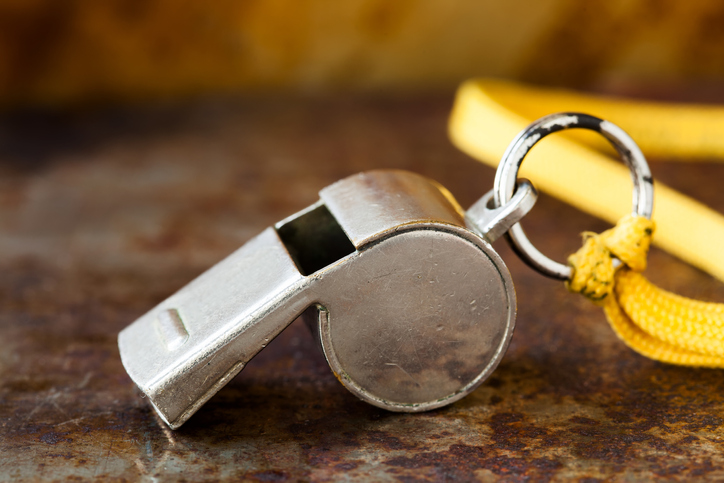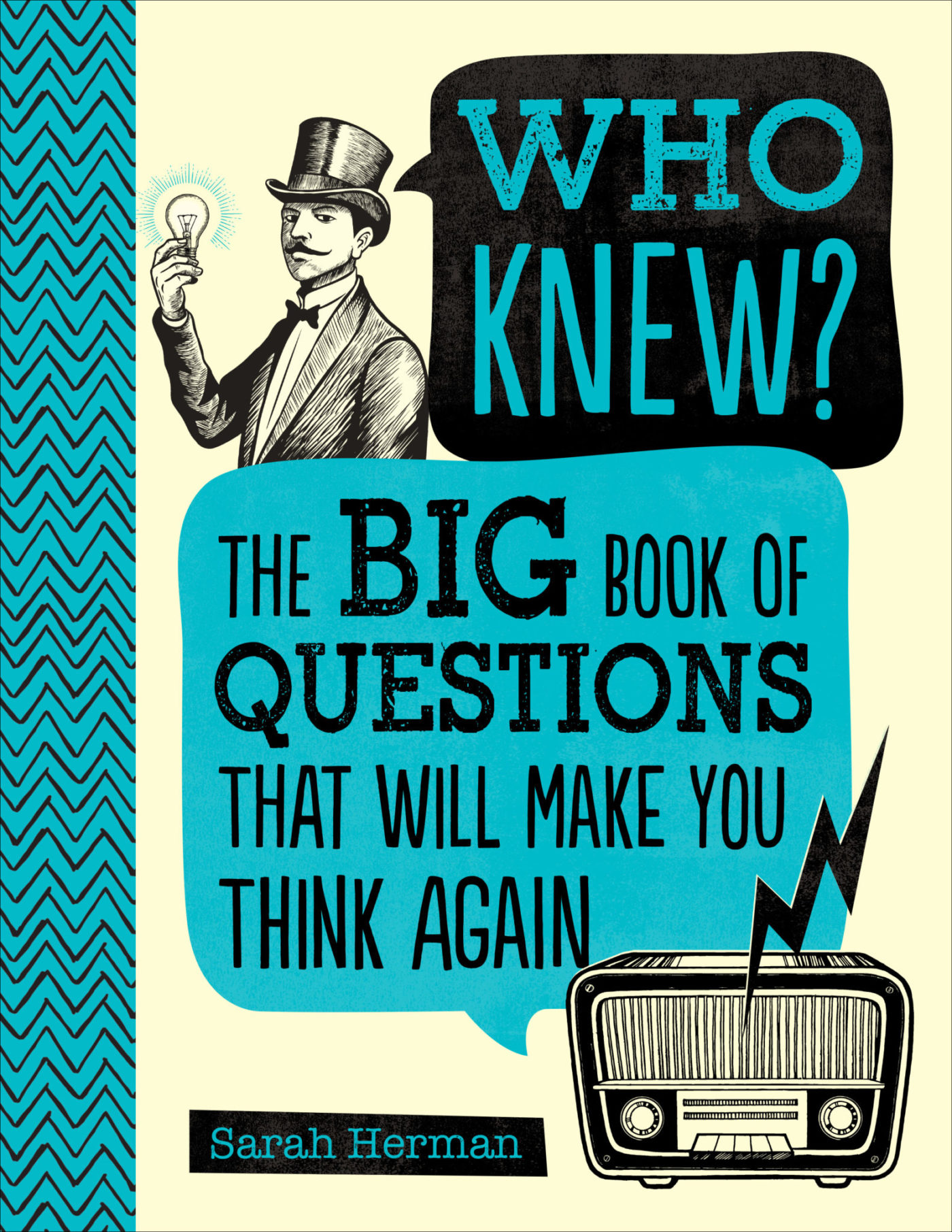There are certain phrases and aphorisms we all use that everybody seems to know…and yet, when you think about them even a little bit, you’ll realize that they don’t make a lick of sense. Here are some of those bizarre, everyday sayings…and how they entered the lexicon.
Got more questions? Try this book!
CLEAN AS A WHISTLE
According to this old chestnut, an object or living thing is in the midst of their utmost state of purity and cleanliness if they are “clean as a whistle.” But isn’t a whistle a thing that people stick into their mouths and blow on? Mouths are full of germs, and lots of them jump over to a whistle invading their turf. A whistle is then about as clean as a mouth, which is to say, not very. The phrase originates in the work of Scotland’s national poet, Robert Burns. In his 1786 poem, “The Author’s Earnest Cry and Prayer,” he wrote “her mutchkin stowp as toom’s a whissle.” Translated into a modern English dialect, that means that the protagonist’s bucket is as empty as a whistle. The whistle was “clean” in as much as it could sound clearly because there wasn’t anything clogging it up.
IT’S DARKEST JUST BEFORE DAWN
That’s just plain astronomically incorrect. As the Earth rotates around the sun, it appears to be lighter in the day, and darker at night. As morning approaches, your part of the planet gets closer to the sunlight…which means that it is gradually lighter until its dawn, not its darkest. It’s technically darkest right around midnight. Of course, when English writer and theologian Thomas Fuller recorded the first print usage of the phrase in 1650, he meant it to be metaphorical, and inspiring. “It is always darkest just before the Day dawneth,” he wrote, which evolved over the centuries. But the meaning was clear: Fuller meant that when things in life seem like they can’t get any worse (the darkness), they’re bound to get better (the dawn).
SLEPT LIKE A BABY
If someone says that they “slept like a baby,” it’s understood that they slept very well, for the entire night, without waking up or being interrupted in some way. In other words, in the complete opposite way that a baby (or at least a young baby) sleeps. Everybody knows that babies wake up multiple times a night, exhausting their new parents with their cries for food, a diaper change, or a snuggle. However, when babies sleep they sleep hard, as opposed to adults who might lay awake—or suddenly rise—because they’re worried about stuff like work or family. Linguists say “sleep like a baby” likely originated as a way to imply that one slept without care or worry.









